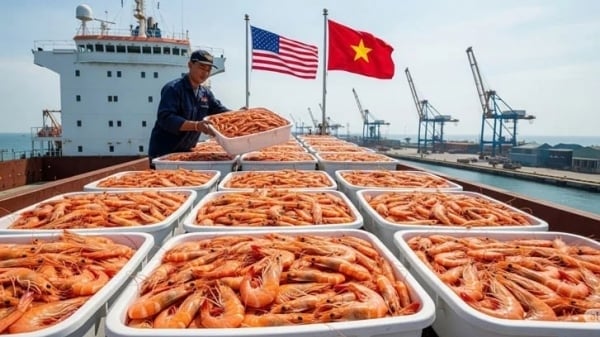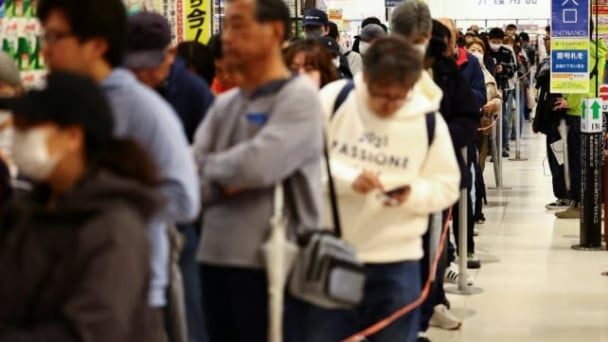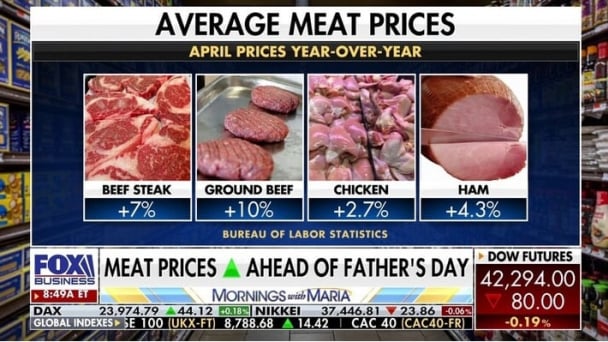June 15, 2025 | 18:28 GMT +7
June 15, 2025 | 18:28 GMT +7
Hotline: 0913.378.918
June 15, 2025 | 18:28 GMT +7
Hotline: 0913.378.918
Countries at the two-week COP29 climate summit gave the go-ahead on Monday to carbon credit quality standards which are critical to launching a U.N.-backed global carbon market that would fund projects that reduce greenhouse gas emissions.
The green light was an early deal on day one of the U.N. conference in Baku, Azerbaijan. Governments are also meant to hammer out a climate finance agreement, although expectations have been muted by Donald Trump's U.S. election win.
President-elect Trump has said he would again pull the U.S. out of the global Paris climate agreement, which lays the groundwork for the planned U.N.-backed carbon market.
However, Juan Carlos Arredondo Brun, a former climate negotiator for Mexico who now works for carbon market data and souring company Abatable, said the endorsement "will bring us closer to operationalising the carbon market before any single party may decide to move away from the Paris Agreement".
Monday's deal could allow a U.N.-backed global carbon market, which has been years in the making, to start up as soon as next year, one negotiator said.
Carbon credits theoretically allow countries or companies to pay for projects anywhere on the planet that reduce CO2 emissions or remove it from the atmosphere and use credits generated by those projects to offset their own emissions.
Examples of projects could include cultivation of CO2-absorbing mangroves, or distribution of clean stoves to replace polluting methods of cooking in poor rural communities.
The market could be one route for U.S. companies to keep participating in global efforts to address climate change, even if Trump were to quit the Paris accord. If that happened, U.S. firms could still buy credits from the U.N.-backed market to meet their voluntary climate targets.
While the standards approved in Baku were aimed at allaying concerns that many projects do not deliver the climate benefits they claim, campaigners said they fell short in areas including protecting the human rights of communities affected by projects.
"A lot of funders are worried that the markets aren't stable enough, credible enough to be able to invest more in," Rebecca Iwerks, a co-director at non-profit group Namati told Reuters.
"It could actually hinder the development of the market if you don't have a strong standard," she said, of Monday's deal.
Some negotiators were also critical of the way the deal was done. The standards were agreed by a small group of technical experts, with some countries saying they had not been given a fair say in the final rules.
Kevin Conrad, executive director for the Coalition for Rainforest Nations and former climate envoy for Papua New Guinea said the supervisory board had overstepped its mandate.
"We endorse what they have done, not the way they have done it," he said.
Countries at COP29 will also try to finish other rules aimed at creating a robust market.
The International Emissions Trading Association, a business group that backs global carbon markets, has said total trading in the U.N.-backed market could by 2030 generate $250 billion a year and cut 5 billion metric tons of carbon output annually.
(Reuters)

(VAN) Noting risks, report examines impacts of avian influenza, changing trade patterns since 2022, fish fraud, and shipping industry’s net-zero goals.

(VAN) Mr. Tran Quang Bao, General Director of the Forestry and Forest Protection Department, met and worked with the International Wood Products Association to promote cooperation in the field of timber trade.

(VAN) China's outbound shipments of rare earths in May jumped 23% on the month to their highest in a year, though Beijing's export curbs on some of the critical minerals halted some overseas sales.

(VAN) To sustain capital flow, administrative reform alone is not enough; what farmers truly need is an ecosystem where both government and businesses grow together in support.

(VAN) Vietnam and the United States are proactively working together, each in their own way, to ensure that every container of agricultural goods carries not just products, but also long-term trust and value.

(VAN) Stores have started selling rice from the government’s stockpile to feed demand for the staple.

(VAN) Omaha Steaks CEO says rebuilding cattle herds will take about a year to ease price pressures.